On what will likely be his final full day as House speaker, John Boehner sat down with a handful of long-time Capitol Hill reporters for an exit interview. Over 40 minutes and two Camel cigarettes, Boehner mulled his 24 years in office, his regrets and his future. With most of the art work down—prints as the Smithsonian won’t let smoker Boehner have valuable originals—the walls were being already prepped for a fresh coat of paint ahead of Paul Ryan’s imminent arrival assuming the House confirms him Thursday morning as expected.
“Paul Ryan is the right person to lead our team at this time,” Boehner said. “He’s an innovative thinker. He’s focused on giving more Americans more opportunity to achieve the American dream. I think he’s got the skill set to do this job and frankly I’m very confident that he’ll do it well.”
His crisp white shirtsleeves rolled up and black jacket left in some other room, Boehner thanked his family and his constituents, read off a long list of accomplishments including $2.1 trillion in spending cuts, making permanent almost all of the Bush tax cuts, passing three free trade agreements and Trade Promotion Authority and ending earmarks.
Boehner plans on returning to Ohio on Friday where he relishes the idea of buying a car and driving himself for the first time in a long time, teaching his infant grandson golf and dabbling in “this and that” but no full time work on the horizon. “I think I was eight or nine years old the last time I didn’t have a job. I was delivering newspapers back then,” said Boehner, 65. “Not one day without a job. And the last 40 years I’ve been working 50 to 100 hours a week. At some point you’ve got to slow down. So that’s part of the goal. I’m not sure I’m going to know how to do that but I’m going to have to learn.”
The interview was wide ranging. I’ve organized the answers by subject and cut them back for space.
Q. What the best piece of advice you gave to Paul Ryan?
A. This is the loneliest place in the world. Almost as lonely as the presidency… And what makes it even lonelier is what you realize is at the end of the day you’ve got to make decisions and those decisions have consequences and the consequences fall back on one person. So, it’s something that takes a little getting used to.
Q. For the last nine years now we’ve had the same four caucus leaders, you, Mitch McConnell, Harry Reid and Nancy Pelosi. You all know each other so well. Will change make things harder?
A. People will get used to it. People will get used to other players. It’s one of the reasons why I wanted to get this budget agreement and raise the debt ceiling because you throw somebody new in the mix at the last second and something has to happen and that isn’t really fair to them or, frankly, to you.
Q. Besides Jeb Bush, who do you like in the 2016 field?
A. [Ohio Governor John] Kasich has been one of my friends for 30 years and I like him a lot.
Q. Do you agree that becoming speaker basically ruins Ryan’s chances to be president?
A. I think he recognizes that. I’ll let you ask him about it, but not since [President James] Polk has anyone left this office and became president.
Q. Does that mean you’re ruling out a run for president?
A. Stick me in the eye with a dull stick. I’ve never been afflicted with that disease.
Q. Twenty years ago the GOP seemed to be more business friendly?
A. We’ve always had conservatives around here… Go back 20 years you’ve got the first Republican majority in 40 years. We have one radio talk show host that no one had ever heard of. We have one 24-news channel that just did news. We had an Internet but only a couple of geeks in Palo Alto were using it. Today we have hundreds of talk show hosts each trying to out-right the others in terms of gaining an audience. You’ve got all these cable news networks and all they do is politics. You’ve got the Internet now: you’ve got Facebook Twitter, every blog known to man, and these giant email lists. So what’s happening is the American people are getting thousands of times more information than they ever got about their government and secondly the speed they get it is instantaneous. And so what’s happening is people are being pulled to one of two camps, leaving almost nobody in the middle. And the ability of a small group of members of some small outside organizations to stir up angst or mislead people has been amplified.
Q. Will immigration get done any time soon?
A. Clearly not any time soon. The president knew that I wanted to do immigration reform. The president even came round to the fact that I was going to do this in small pieces. But the president poisoned the well. And to try and get immigration reform in this environment it’s just toxic. It’ll take time and effort on the part of whomever the next president is to heal the wounds do that the Congress can in fact work together to resolve the problem.
Q. Do you think gerrymandered districts need to end?
A. I don’t think it has any impact on anything. There’s less gerrymandering today than there was 50 years ago, 30 years ago, 100 years ago, which is a fact because you’ve got more state initiatives. Listen, Somebody’s got to draw the lines, and whomever draws the lines no matter how you pick them they all have biases.
Q. You’re named king for a day and you can wave a magic wand and do any kind of institutional reform, what is it?
A. I always thought McCain-Feingold campaign finance reform has helped cause a lot of this mess that we see because it took money out of parties and gave it to these independent organizations that are accountable to no one. So if you really want to reform the system, get rid of all campaign finance laws except one: any dollar that you spend on behalf of a candidate has to be disclosed. Let sunlight be the best disinfectant. Because these limits don’t work, people go around them. Money goes to outside super PACs. It’s a joke. As long as Washington has the power that it has, it’s going to attract money; it’s like water seeking its own level.
Q. What’s your biggest regret?
A. Not getting the budget deal with President Obama in 2011 still stings. We had an agreement, we looked each other in the eye with Eric Cantor and I and the president in the Oval Office. It would’ve really helped our economy; it would’ve helped our deficit. It would’ve meant a lot of things long term, really trillions and trillions and trillions of dollars in savings over the course of 20 to 30 years.
Q. How do you want to be remembered?
A. I’m a regular guy with a big job. That I was fair to people on both sides of the aisle, honest and that I remembered what my first responsibility was and that was to the institution.
Read Next: This Is the Prayer John Boehner Read at His Resignation
Highlights from the Career of House Speaker John Boehner in Pictures
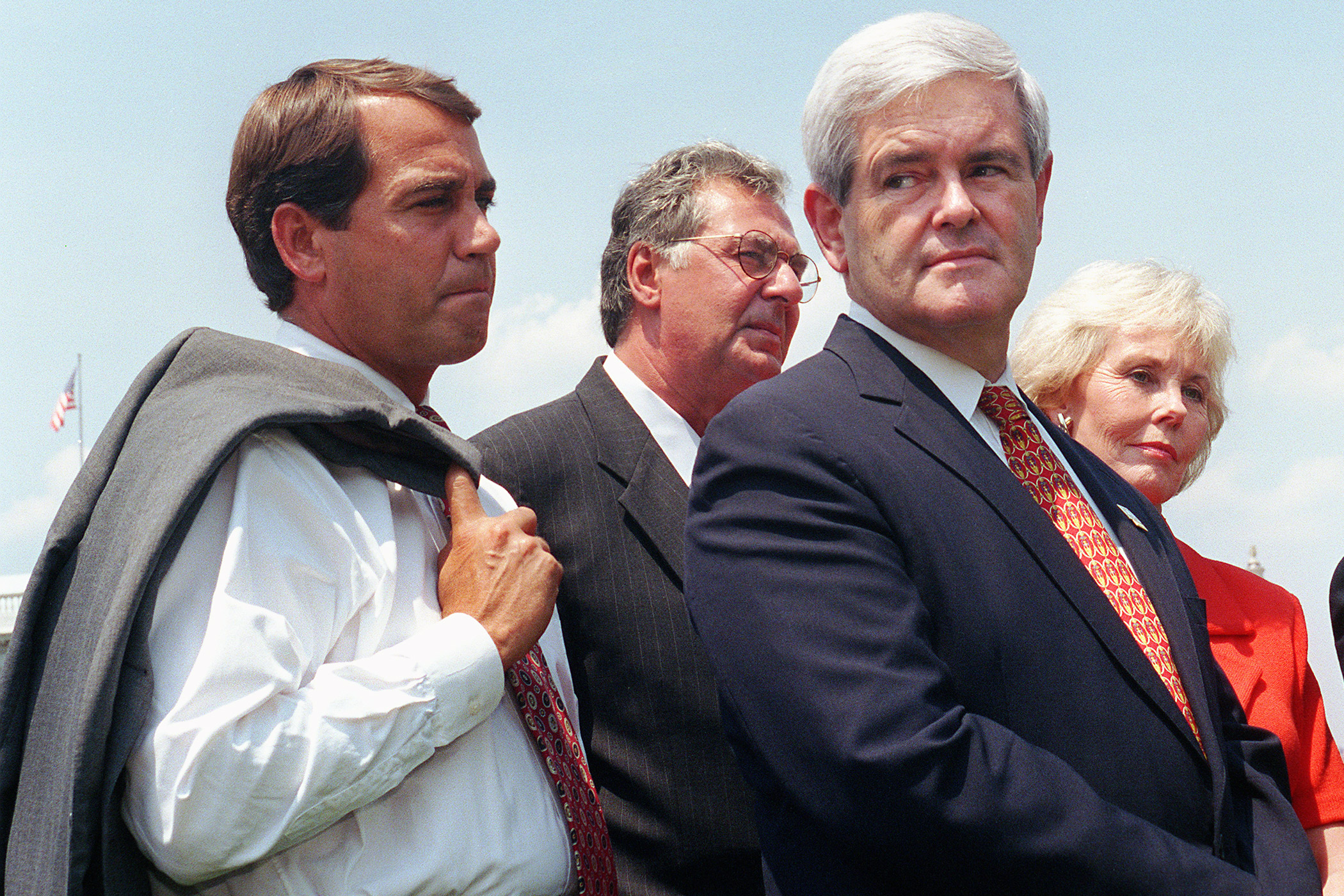
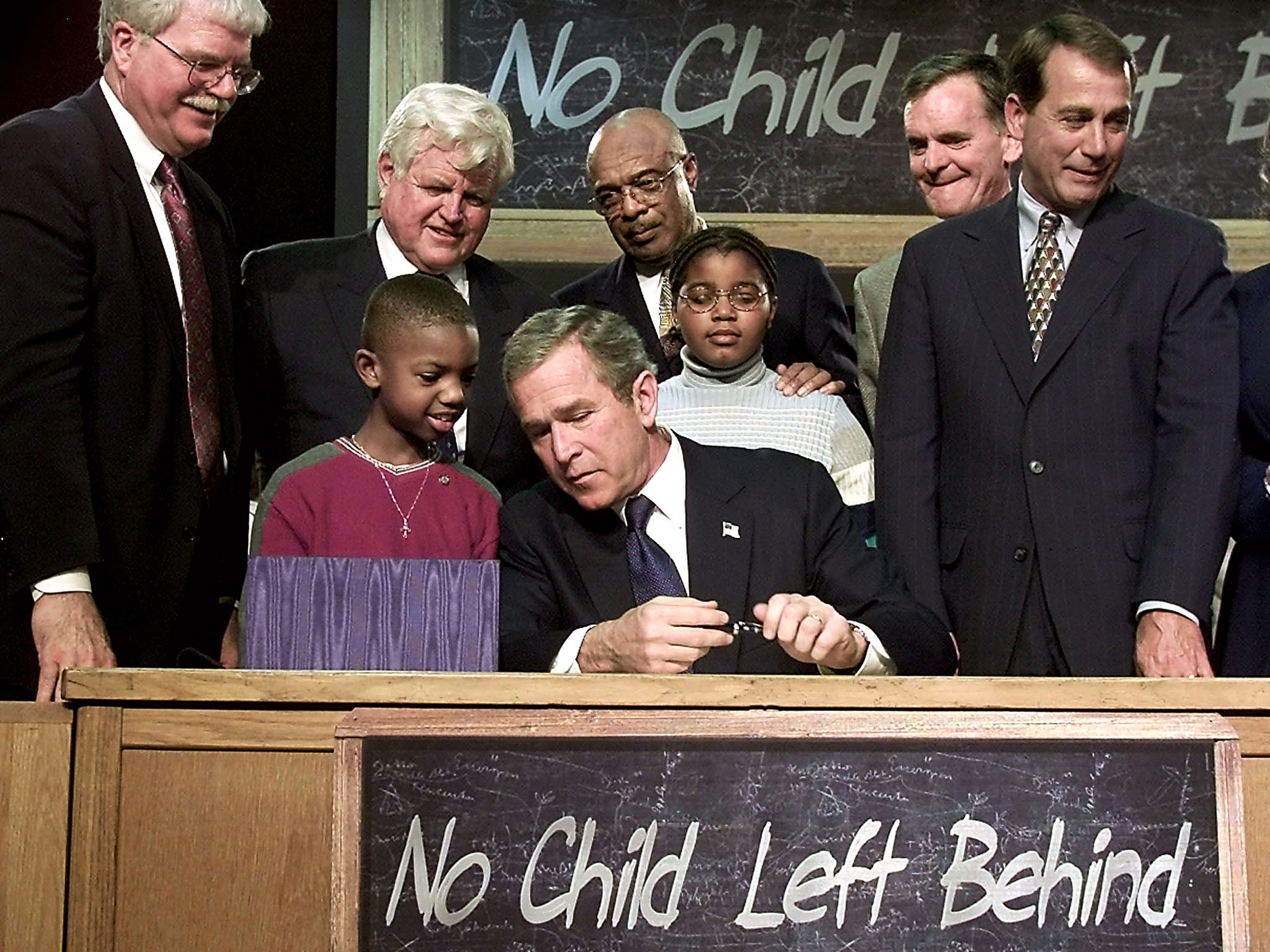
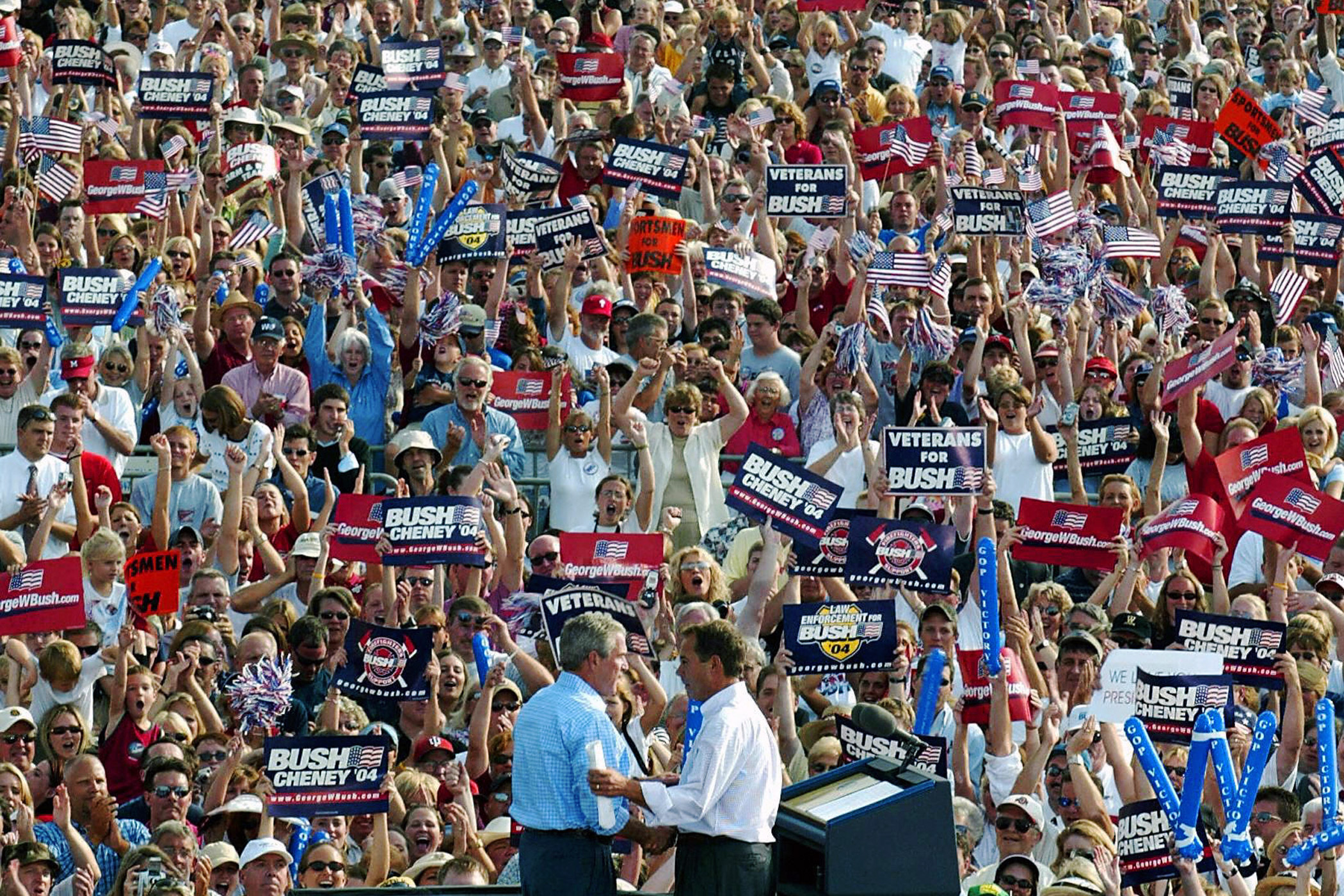
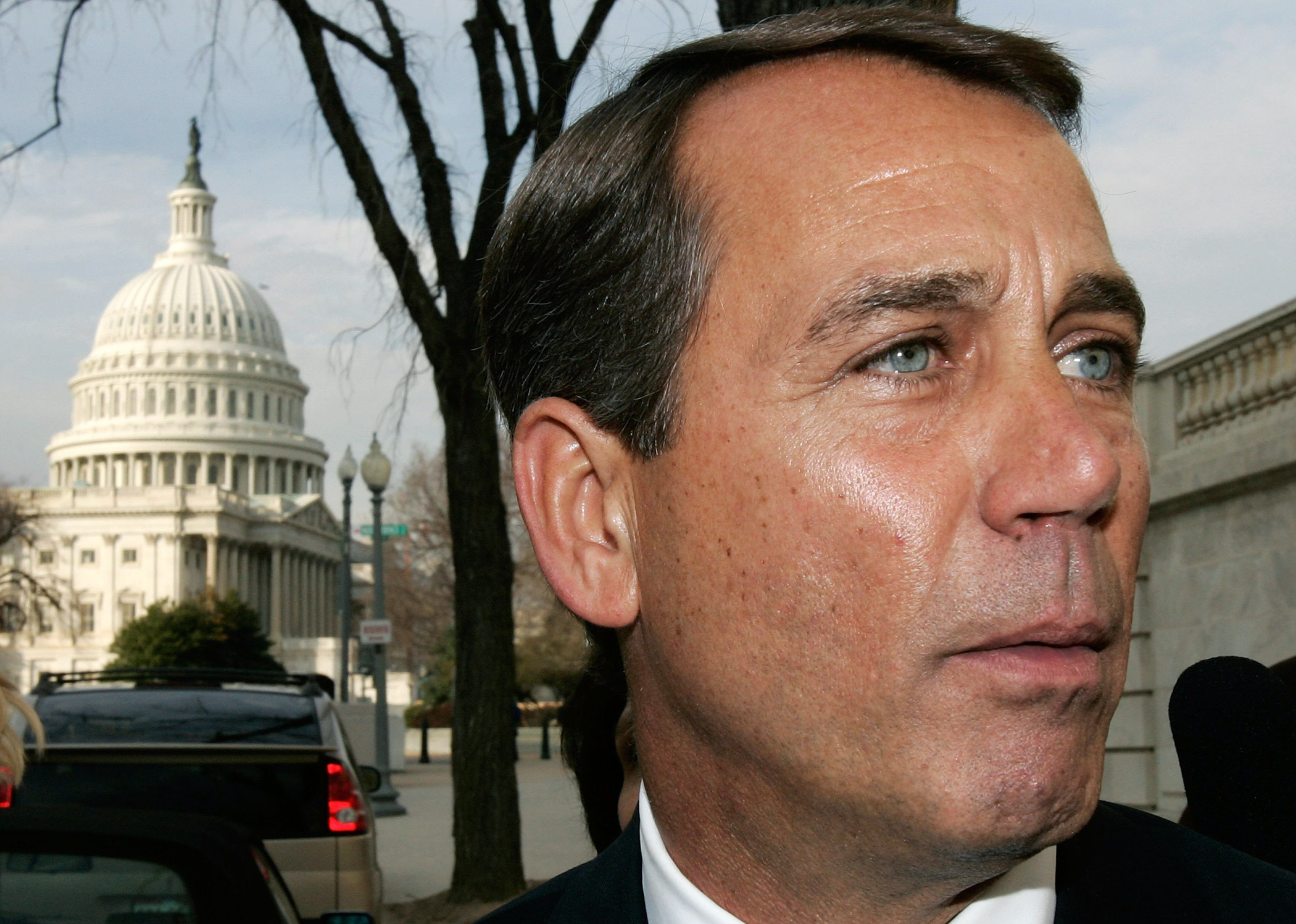
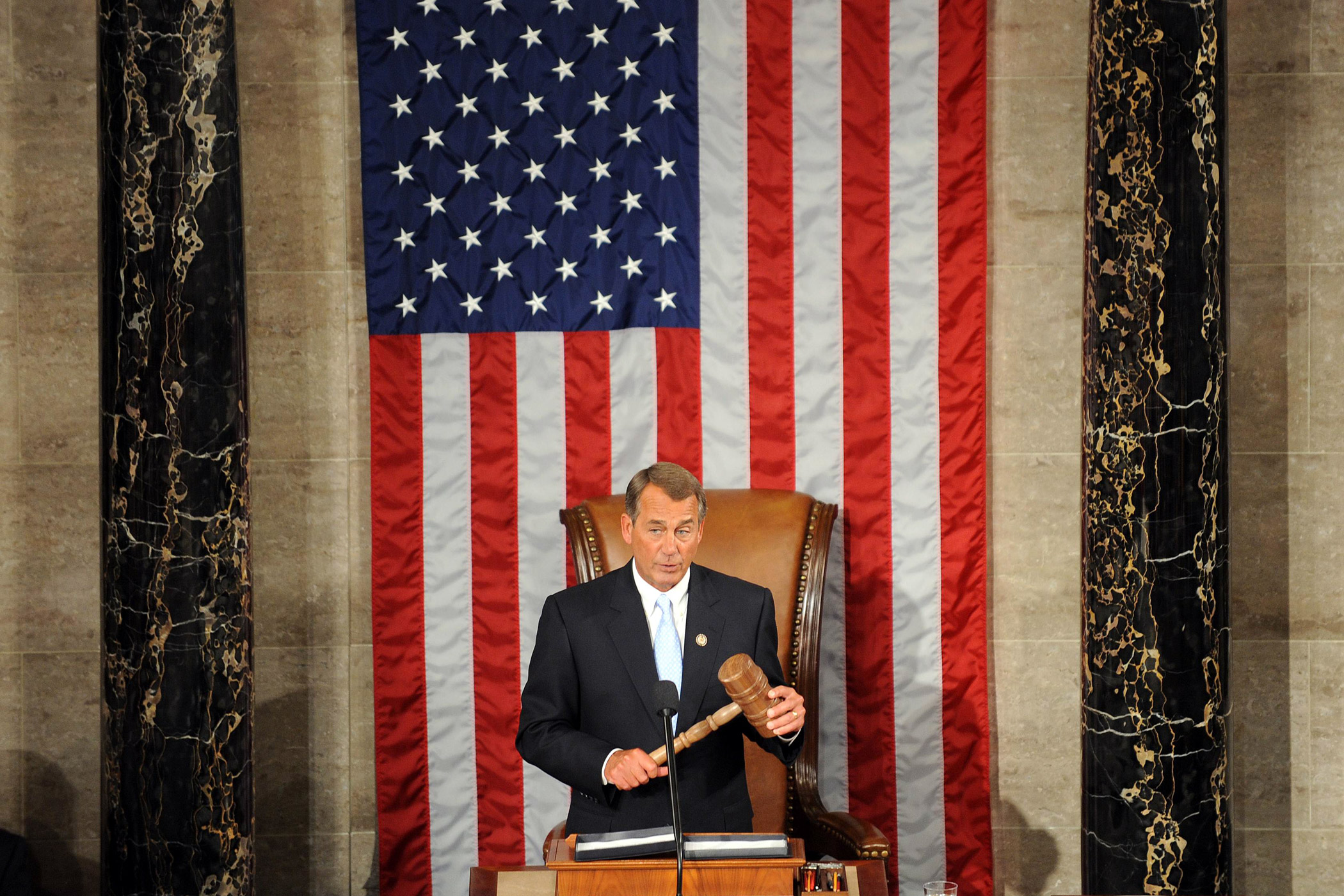
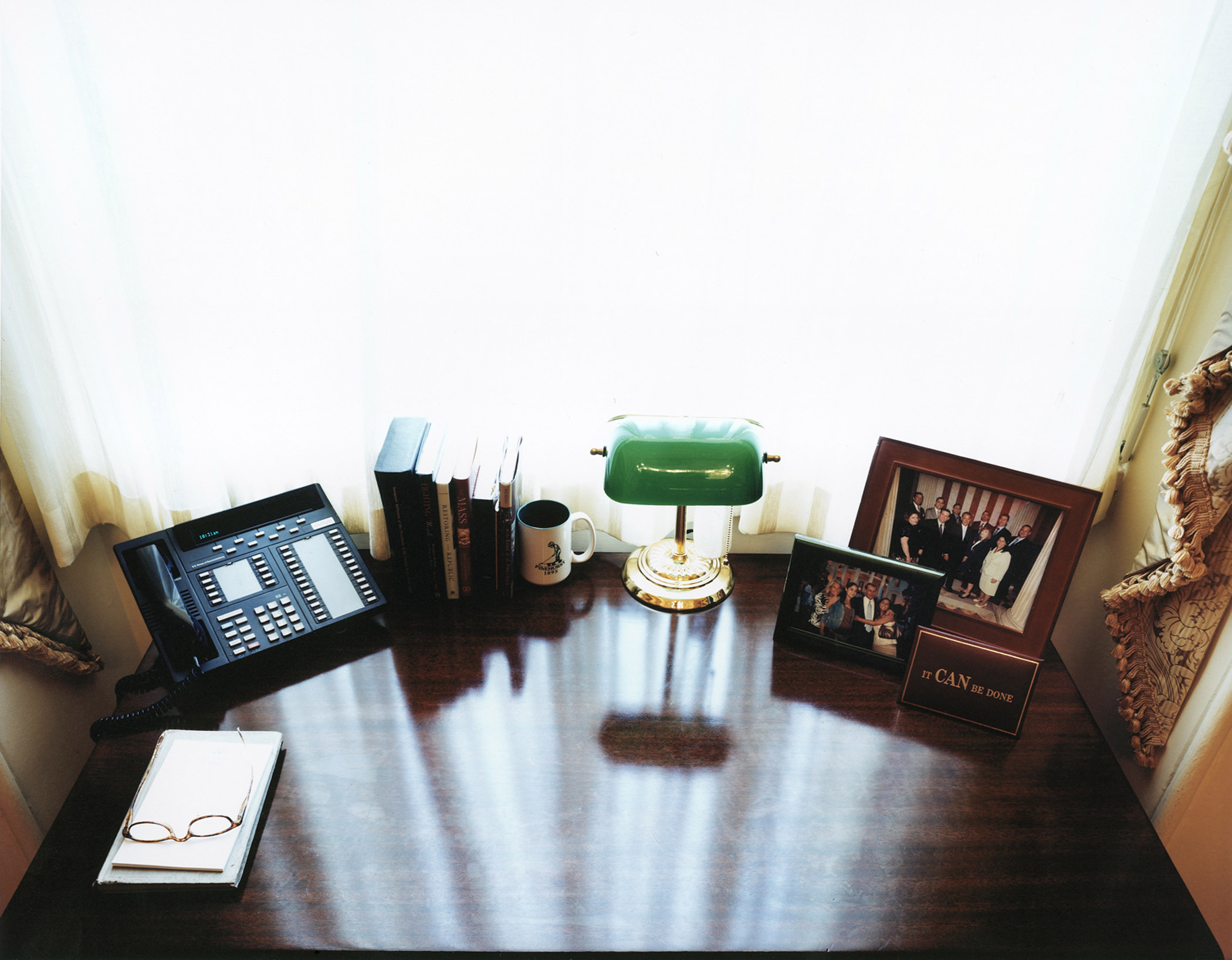
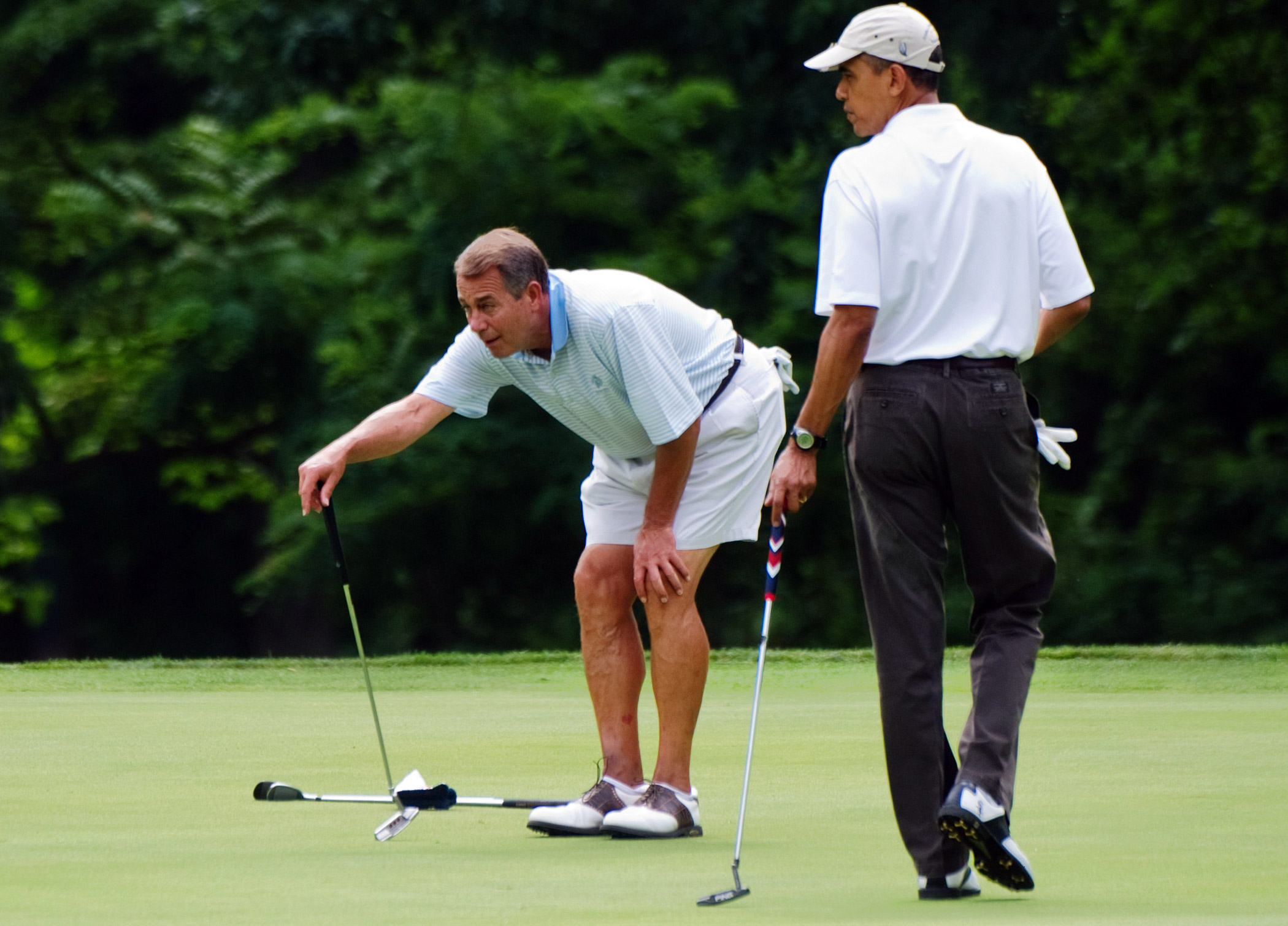
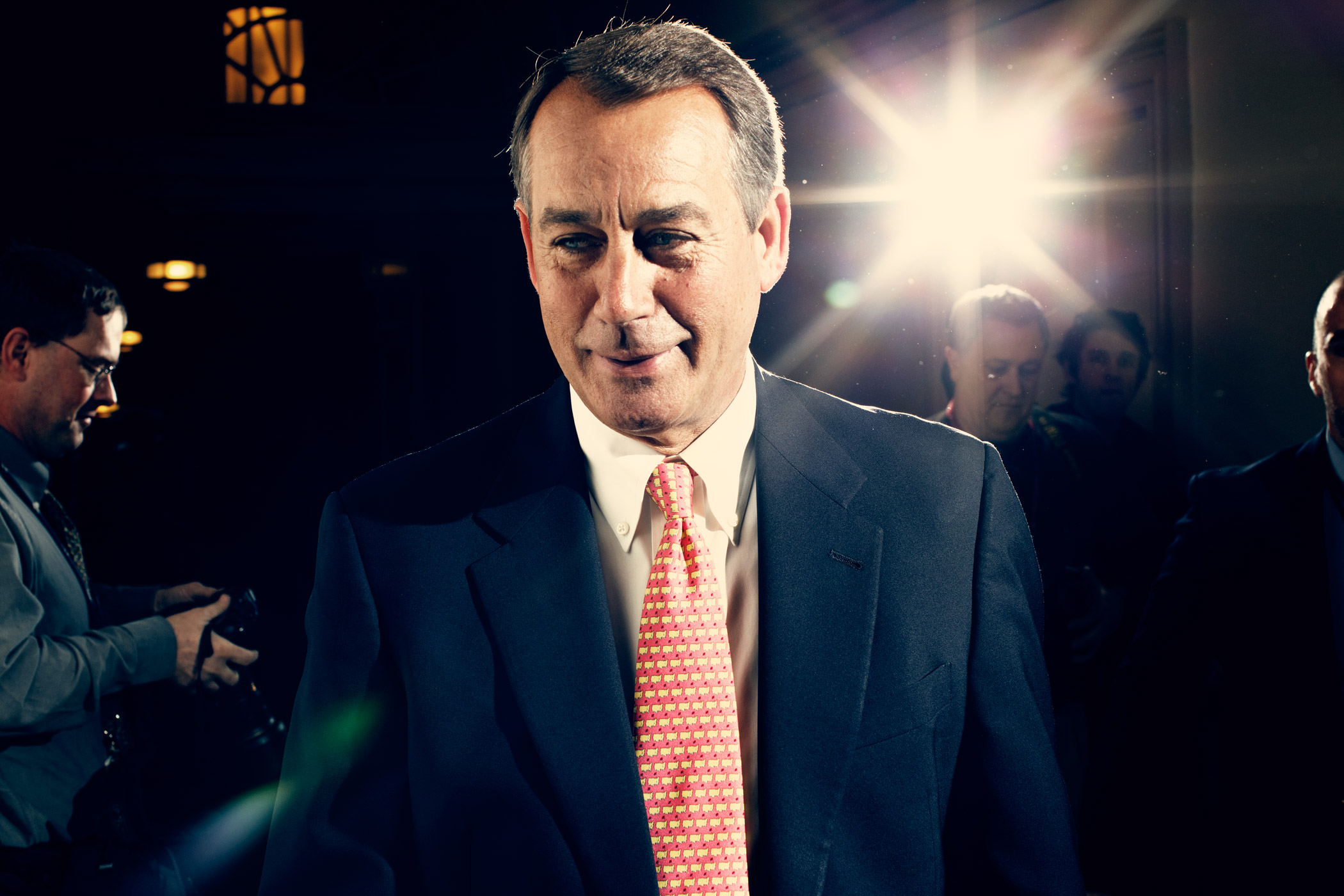
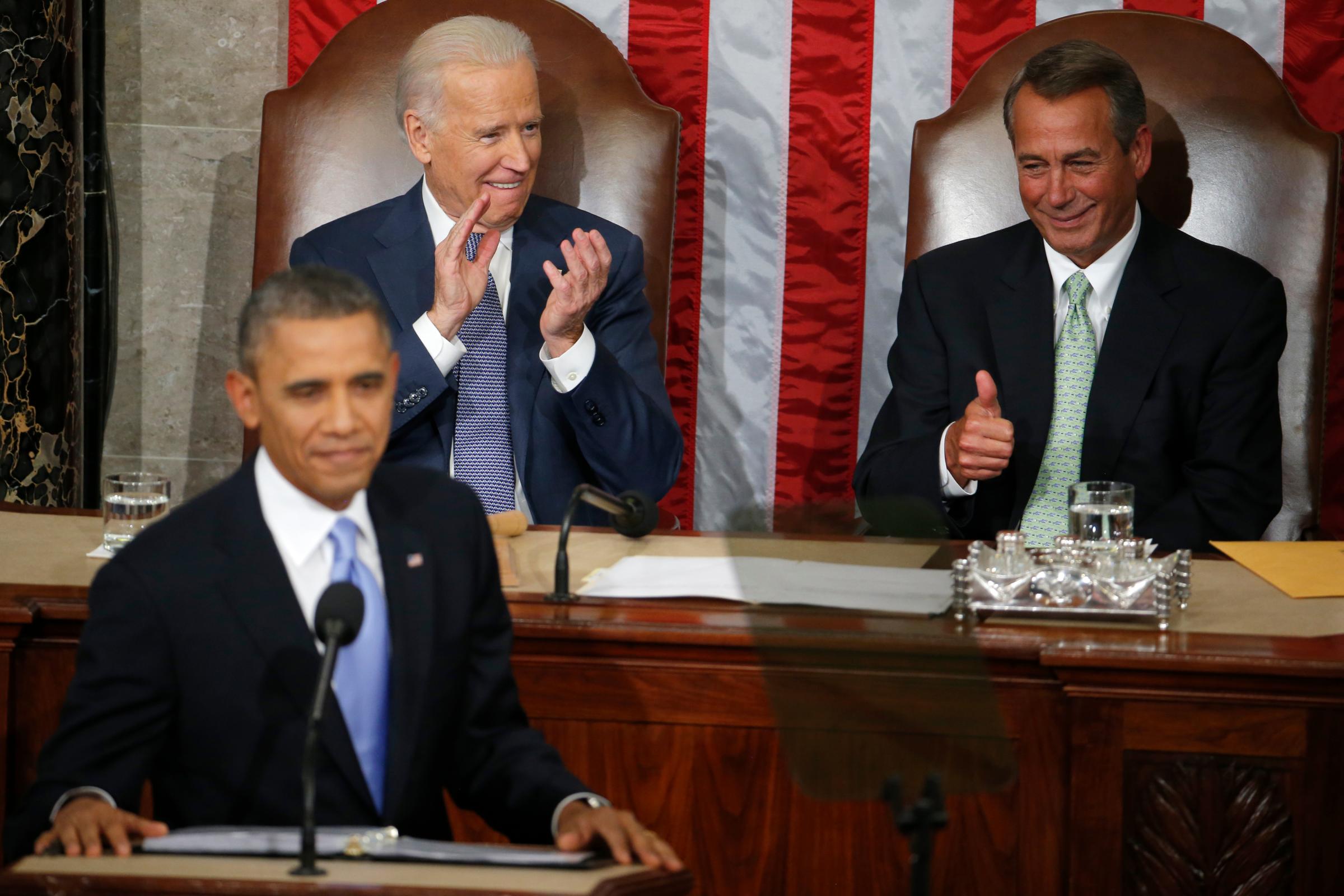
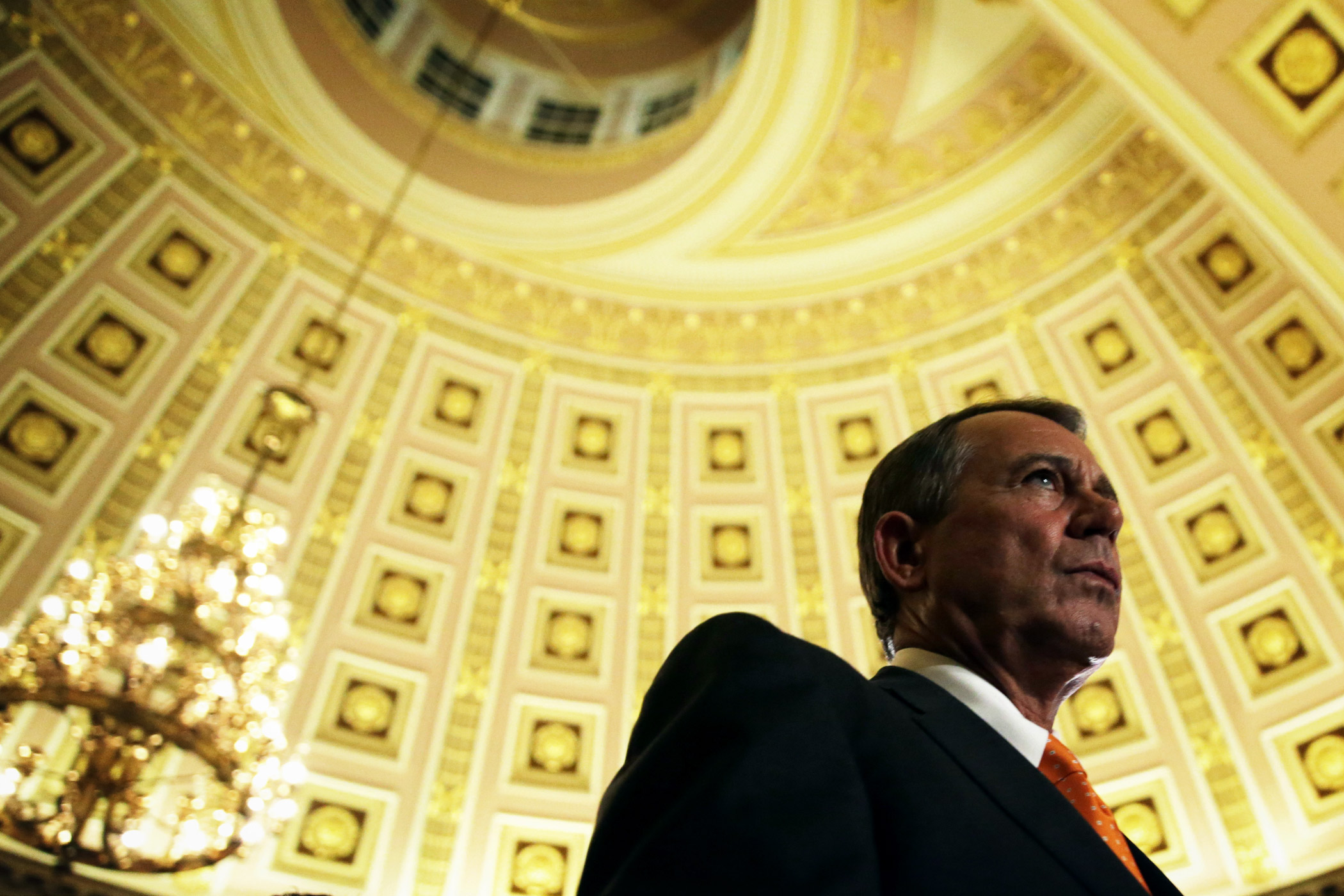
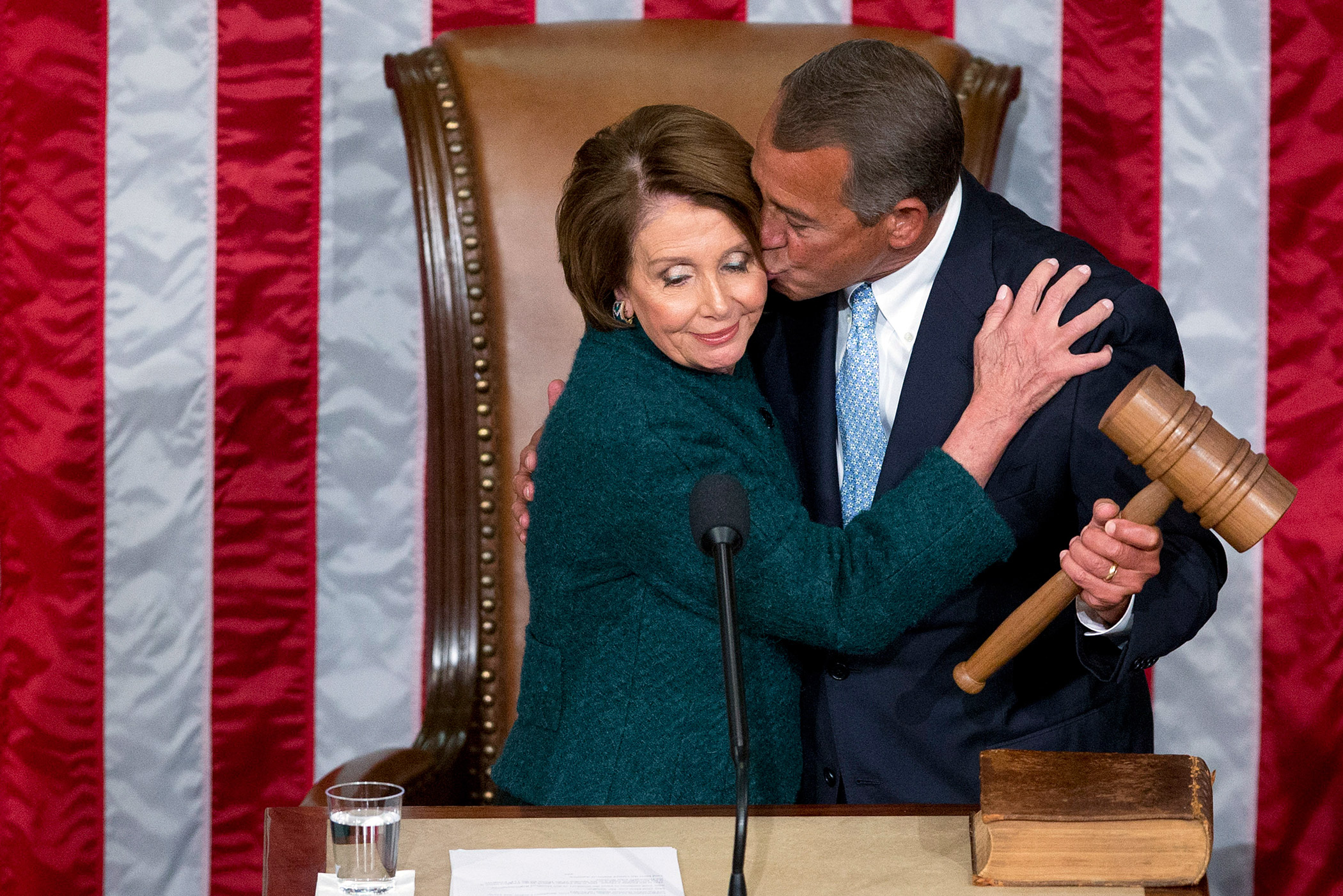
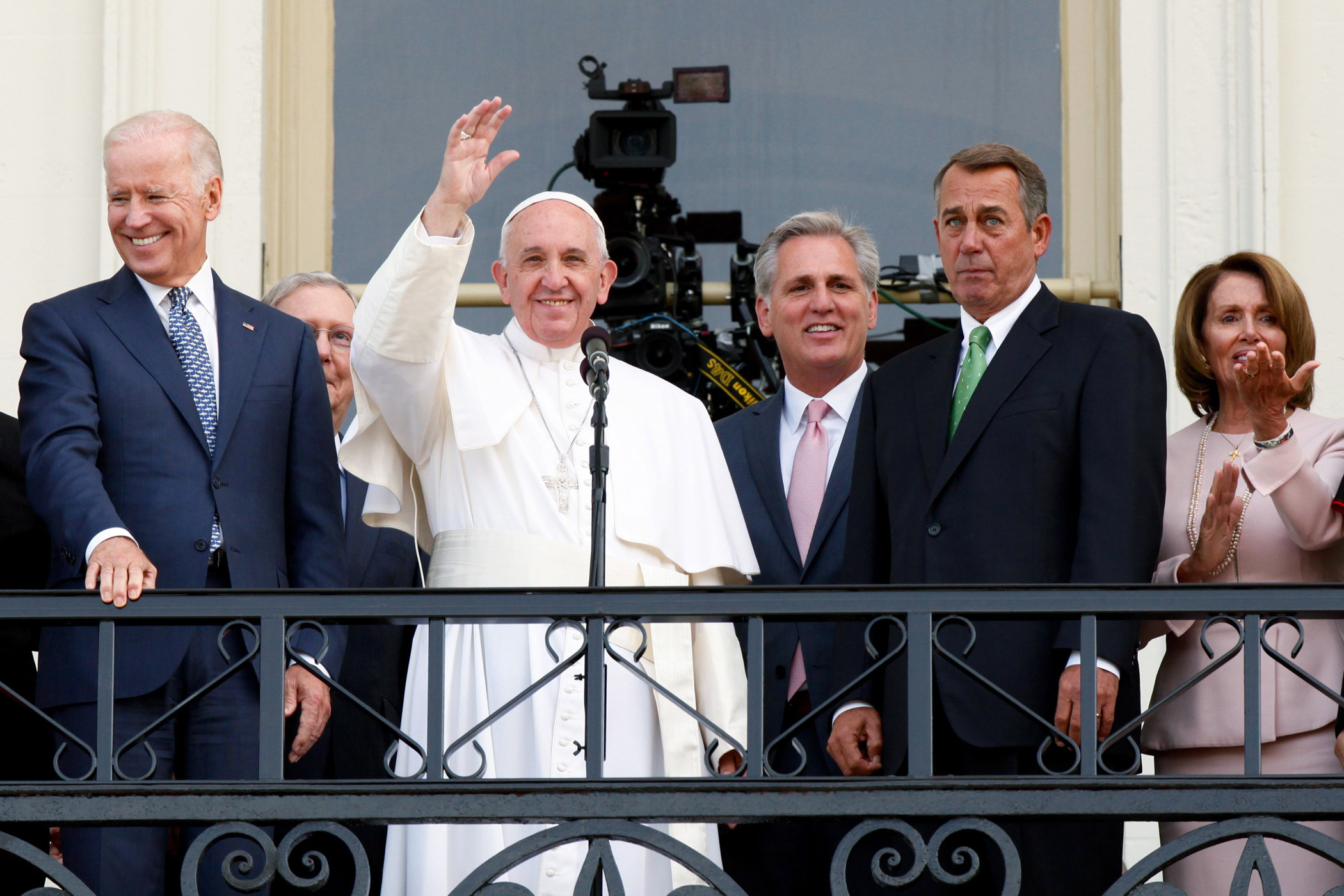
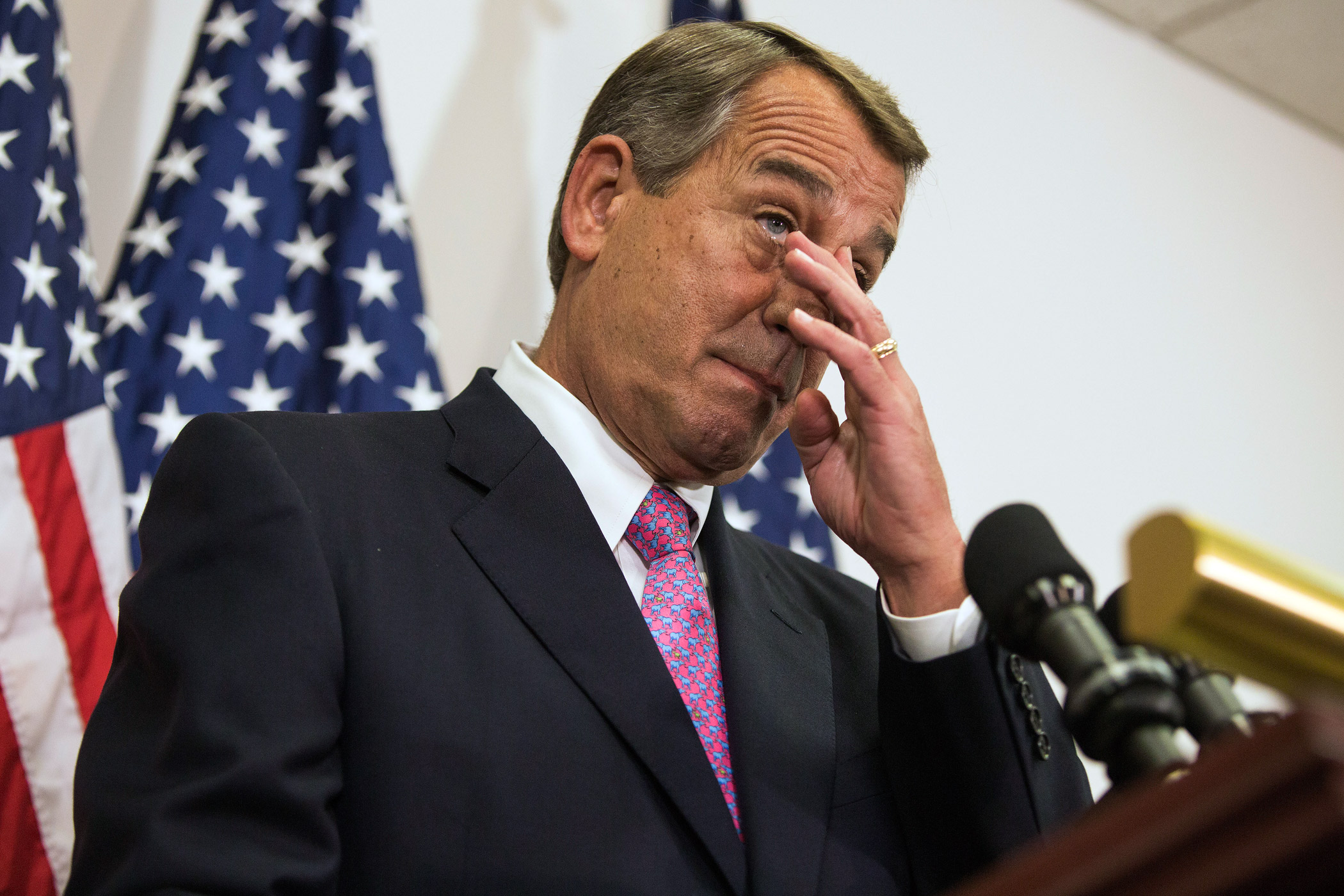
More Must-Reads From TIME
- The 100 Most Influential People of 2024
- Coco Gauff Is Playing for Herself Now
- Scenes From Pro-Palestinian Encampments Across U.S. Universities
- 6 Compliments That Land Every Time
- If You're Dating Right Now , You're Brave: Column
- The AI That Could Heal a Divided Internet
- Fallout Is a Brilliant Model for the Future of Video Game Adaptations
- Want Weekly Recs on What to Watch, Read, and More? Sign Up for Worth Your Time
Contact us at letters@time.com